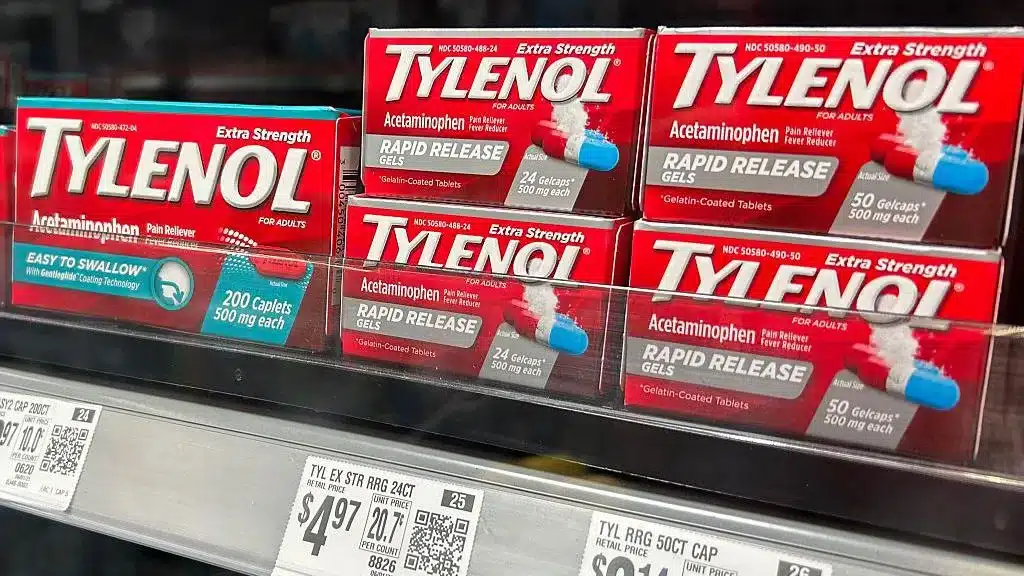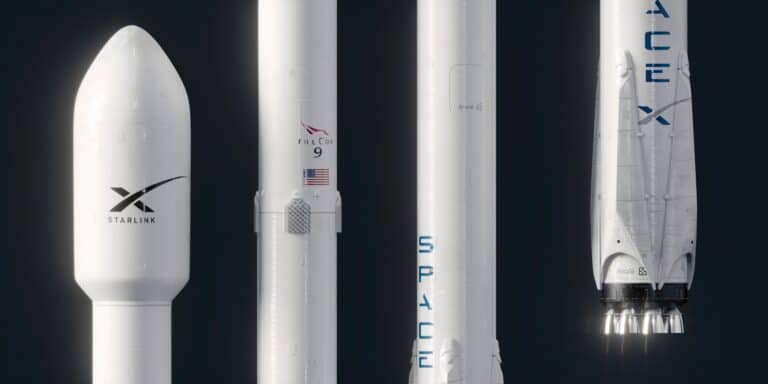
Kimberly-Clark, the American company behind Kleenex tissues and Huggies nappies, is set to acquire Kenvue, the maker of Tylenol and other household brands in a cash-and-stock deal valued at more than $40 bn (£30.5 bn). The merger would form a global consumer goods powerhouse with some of the most recognisable bathroom and medicine cabinet staples in the world.
Creating a Consumer Health Powerhouse
Kenvue, which also owns brands such as Band-Aid, Zyrtec, Benadryl, Neutrogena and Aveeno, has struggled since its spin-off from Johnson & Johnson in 2023. The separation was intended to give both companies sharper focus, but Kenvue’s performance has lagged amid softening consumer demand and growing competition from cheaper store-brand products.
Its shares have fallen nearly 30% in the past year, and the company has faced mounting pressure from activist investors calling for restructuring or a potential sale. The situation worsened last month when the Trump administration controversially linked Tylenol use during pregnancy to autism, a claim dismissed by scientists as unproven.
Kenvue’s sales in the first nine months of 2025 were down almost 4% year on year. Meanwhile, Kimberly-Clark’s move to acquire the company is seen as a strategic push to diversify its product portfolio and boost growth through scale. Combined, the two firms are expected to generate around $32 bn in annual sales.
Under the terms of the agreement, Kenvue shareholders will receive roughly $21 per share, including $3.50 in cash and a portion of Kimberly-Clark stock, valuing Kenvue at about $48.7 bn.
Legal Risks Cloud the Deal
Despite optimism from executives, Kimberly-Clark’s shares dropped more than 10% following the announcement, reflecting investor unease over Kenvue’s ongoing legal challenges. The company is currently facing a lawsuit from the Texas attorney general alleging it and Johnson & Johnson concealed potential risks Tylenol poses to children’s brain development.
Kenvue’s legacy brands have also been hit by controversy surrounding baby powder products allegedly linked to cancer. A recent UK lawsuit accuses Johnson & Johnson of knowingly selling asbestos-contaminated talc for decades, though the company, which now uses cornstarch instead, denies the claims.
Executives from both firms said the merger would leverage their «complementary strengths» and accelerate global expansion, with the deal expected to close in the second half of 2026.













